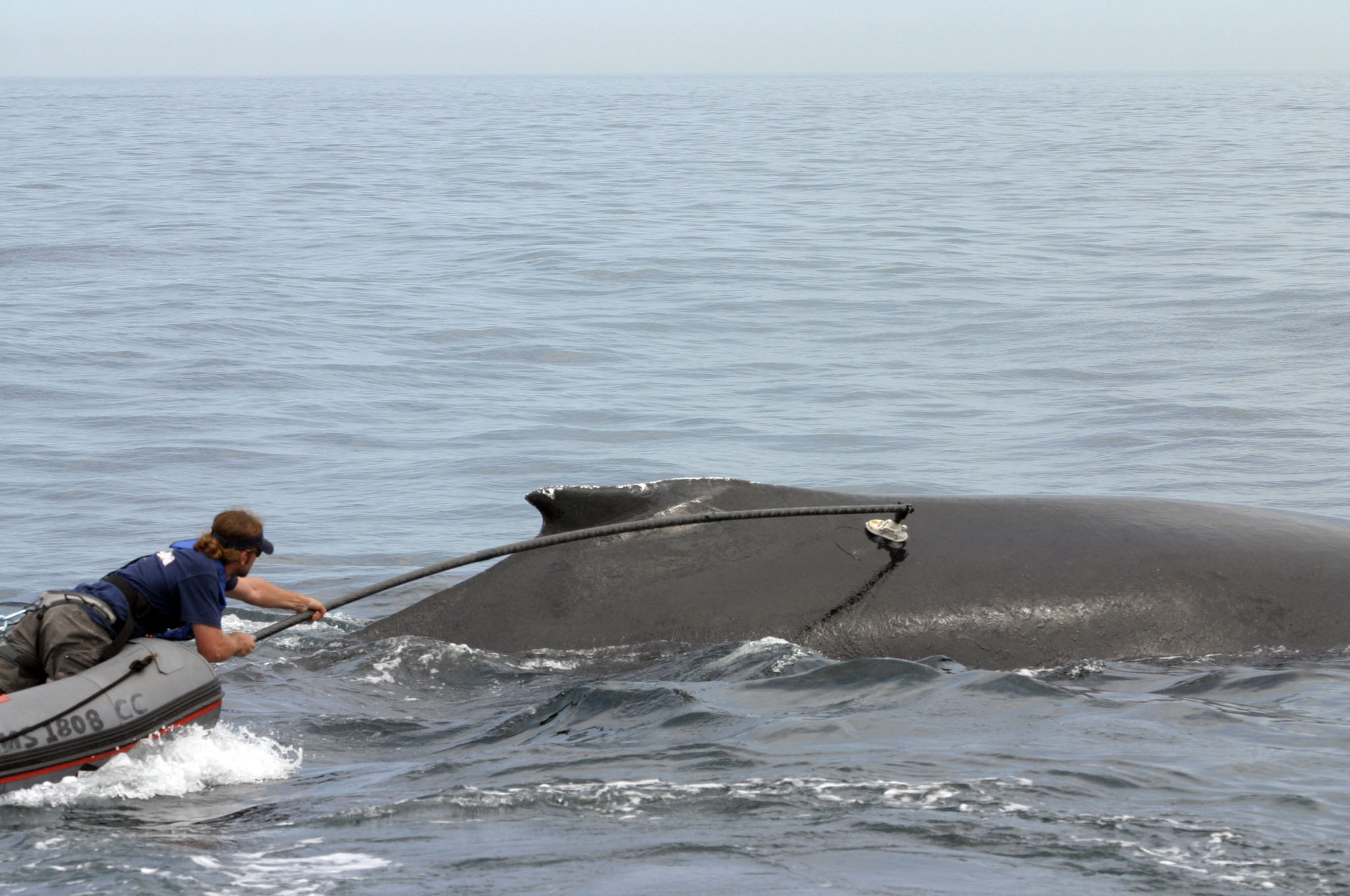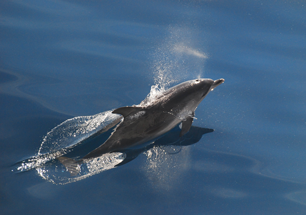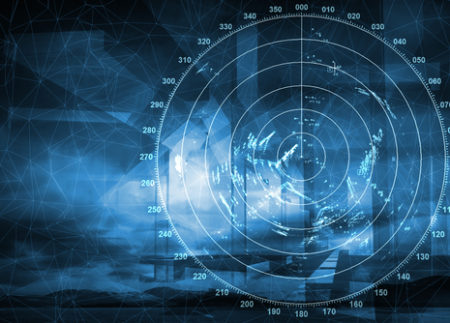KEY QUESTIONS
- Can the methods used by marine mammal observers be changed to improve their effectiveness?
- Do data exist that can be analysed to improve MMO effectiveness?
- Do data exist that can increase our knowledge of marine mammal population distribution (habitat use) and abundance?
- Do existing MMO methods meet the needs of regulators and industry risk assessments, and if not can a standard MMO protocol be designed?

SUMMARY
Properly-collected MMO and other data can help reveal the distribution of marine mammals and their reaction to anthropogenic activities. Current monitoring protocols for MMOs vary among projects, types of operation, the operator’s requirements, and the host country’s regulatory requirements. Research needs include the standardisation of MMO methods, reporting, and testing MMO accuracy by using multiple detection methods.
The contractors found that the UK military, JNCC, and BOEM hold the largest MMO data sets, comprising about 50,000 records of sightings (mostly unanalysed) available. Four databases containing MMO data for seismic operations are held by JNCC. None of the databases surveyed provided an adequate model for developing a central, international database. The main need is for comparability in data collection and better analytical capabilities. The development and use of standard data collection forms is a critical first step toward establishing a common database that would yield information more applicable to research and management needs.
Objectives and methods
To survey:
- existing sources of MMO data and databases
- the extent to which the data have been analysed
- regional differences in data collection procedures
- the key questions and data needs of regulators, industry and researchers irrespective of present data collection methods
To propose:
- standardising data collection forms globally and incorporating them into a web-based portal system that would meet the needs of key stakeholders.
- To achieve these objectives, the contractors sent out a questionnaire to those that hold data for military, seismic, drilling, pile driving, and blasting operations. Databases identified in the responses were obtained and analysed. A workshop was held to list the key questions asked by all stakeholders (including regulators from four nations), develop a detailed plan for collecting future data comparable across regions, and propose creating a central MMO database with detailed rules for its use.
Importance
This project developed the standard data collection form cited above, and it has now been adopted by JNCC and IAGC. A central database of MMO data could provide the basis for developing standardized mitigation measures globally. However, this would require competing offshore companies to openly share their MMO data, and regulators from different nations to agree on a uniform set of international regulations.
Links to other research
See Stone, C.J. and M.L. Tasker. 2006. The effects of seismic airguns on cetaceans in UK waters. J. Cetacean Res. Manage. 8(3):255-263.
Institutions/PIs
RSK Group (Carolyn J.S. Barton, Robert Jacques, and Mike Mason)


